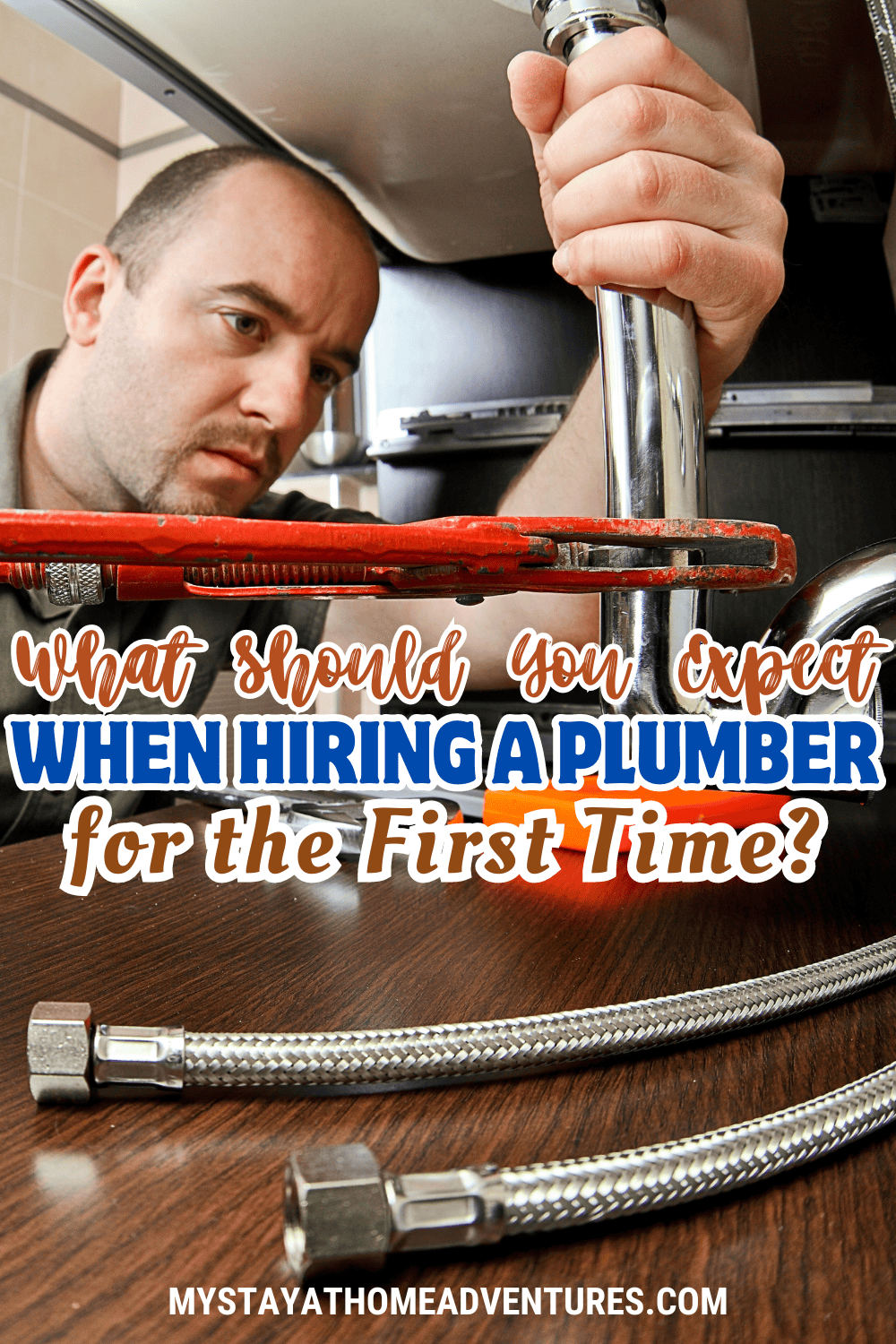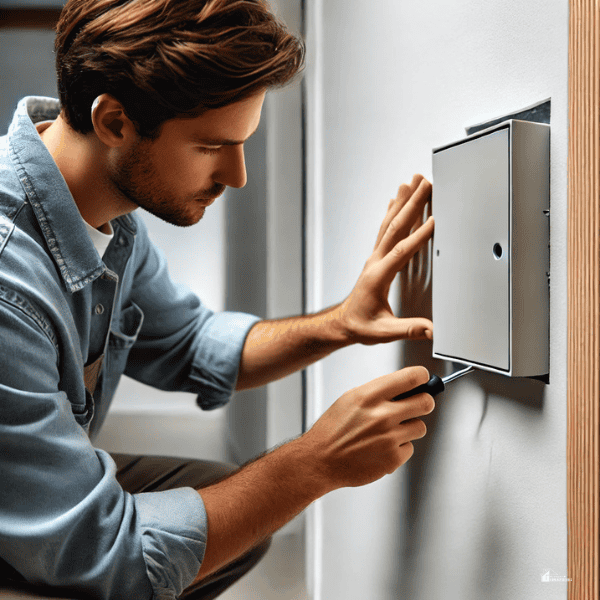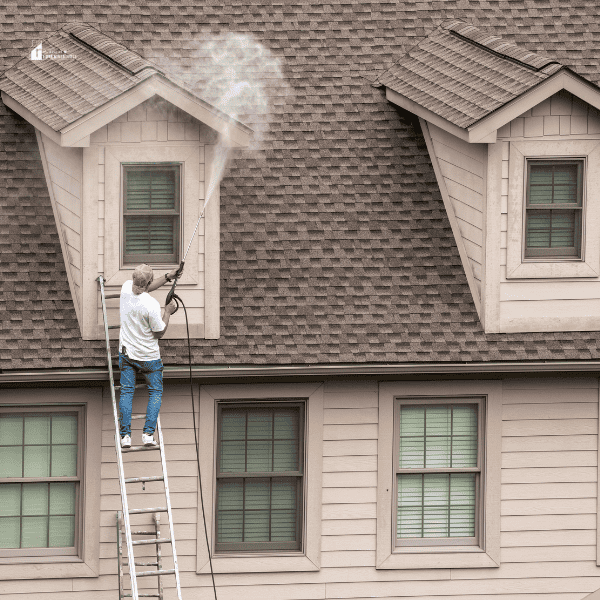What Should You Expect When Hiring a Plumber for the First Time?
This post may contain affiliate links which might earn us money. Please read my Disclosure and Privacy policies hereIt should be so simple, yet it can be so intimidating at the same time, too— kind of like having to call a doctor's office for the first time to schedule an appointment. So, if you lived in a dorm, all you had to do was notify maintenance, and they’d fix your plumbing; if you rent an apartment or house, all you’d have to do was notify your landlord.
But when you buy your own home, well, you’re on your own. While you could attempt to DIY your plumbing, after all, there are plenty of tutorials out there.
But the thing is, there are some things that are better left to the experts, and yes, a plumber is definitely one of them. Maybe you’re dealing with a dripping faucet, a clogged drain, or something more serious; the thought of calling a professional can be a bit intimidating if you’ve never done it before.
What should you expect? How do you make sure you’re not overcharged? Don't worry; here’s what you need to know when hiring a plumber for the first time.
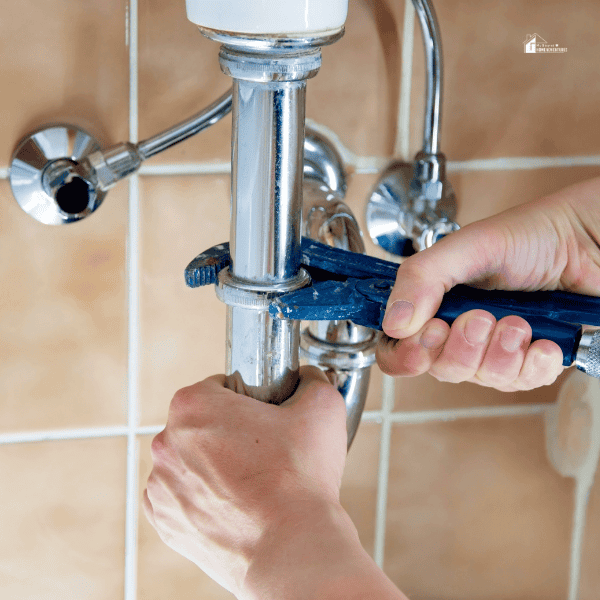
Initial Phone Call and Scheduling
Alright, so for starters, you’ve got to make the call (or schedule the appointment online). So, when you reach out to plumbing companies, they’ll usually ask a few questions about what’s going on. This is your chance to spill all the details. Is it a slow leak, or is water gushing out like Niagara Falls? Is the drain completely clogged or just a bit sluggish? The more you can tell them, the better they'll be able to prepare.
During this call, they'll also talk about scheduling. They’ll ask when you're available and try to fit you into their schedule. Keep in mind that plumbers often give a window of time rather than an exact appointment, like “between 9 AM and 12 PM.” So, you might need to keep your schedule a bit flexible. If it's an emergency, they might be able to get to you the same day, but if it's less urgent, you might need to wait a few days.
Getting an Estimate
Before they get to work, it’s important to get an estimate. Yes, you’ve read that right. So, most reputable plumbers will give you a rough idea of the cost over the phone based on what you’ve described, or they might offer a free in-person assessment. If they do give you a quote over the phone, remember it's just an estimate. Once they see the problem in person, that number could change—- this is what people get confused about!
Now, after they've assessed the situation at your place, they'll provide a more accurate quote. This is your moment to ask questions. So, you’ll just need to make sure you understand what's included in the estimate—does it cover labor, parts, and any extra fees? This will help you avoid any shock when the final bill comes. But overall, just don’t hesitate to ask for a breakdown of costs so you know exactly where your money is going.
You’ll Have to Understand the Costs
Again, the estimate and the overall cost might not be exactly the same. Usually, the number isn’t too different, but it’s still not going to be the same. Now, plumbing costs can vary quite a bit depending on the job. For example, simple fixes like unclogging a drain or patching up a small leak usually won’t break the bank. However, more complex issues like replacing pipes or fixing a water heater can be a bit pricier.
Some plumbers charge by the hour, while others might give you a flat rate based on the job. It's really important to clarify this before they start working. You should also ask if there's a call-out fee while you’re on the phone with them. But what is this? Well, some plumbers charge for the time and travel to your place, especially if it's an emergency or after-hours visit.
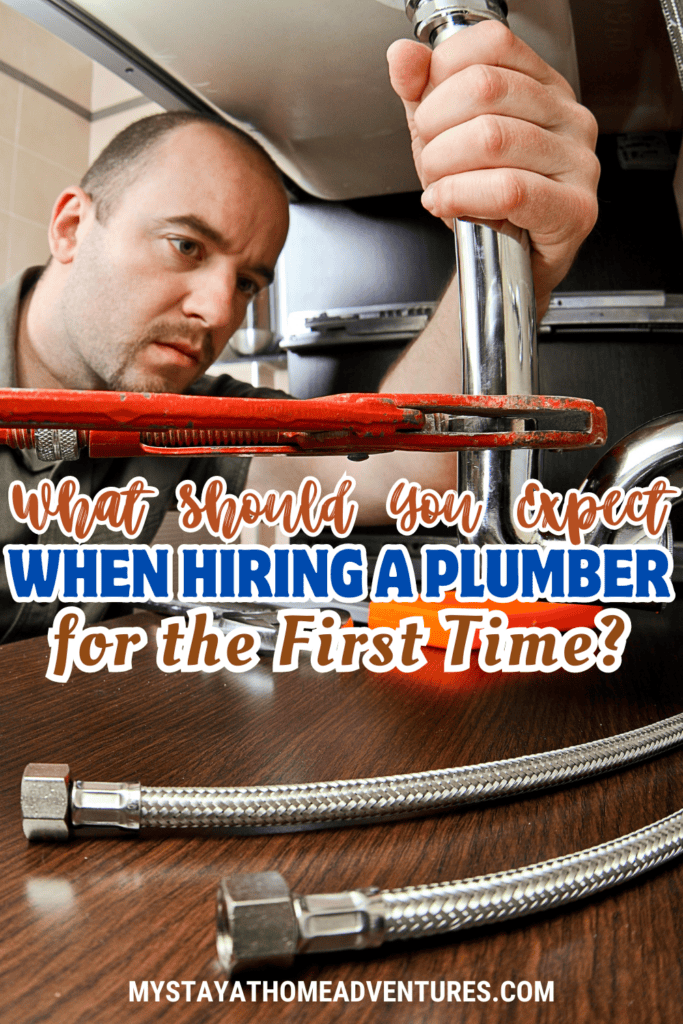
What Should You Do to Prepare for the Plumber’s Visit?
So, you've got an appointment—now what? Well, it’s time to prep for the visit. You need to make sure the plumber has easy access to the problem area. It could be under the sink, around the toilet, or in the basement; move any personal items or furniture out of the way, but they’ll need a clear path.
If you know where your main water valve is, make sure it's accessible too (but it’s fine if you can’t find it, but they’ll most likely be able to). But overall, just a little prep work goes a long way in ensuring everything runs smoothly.

